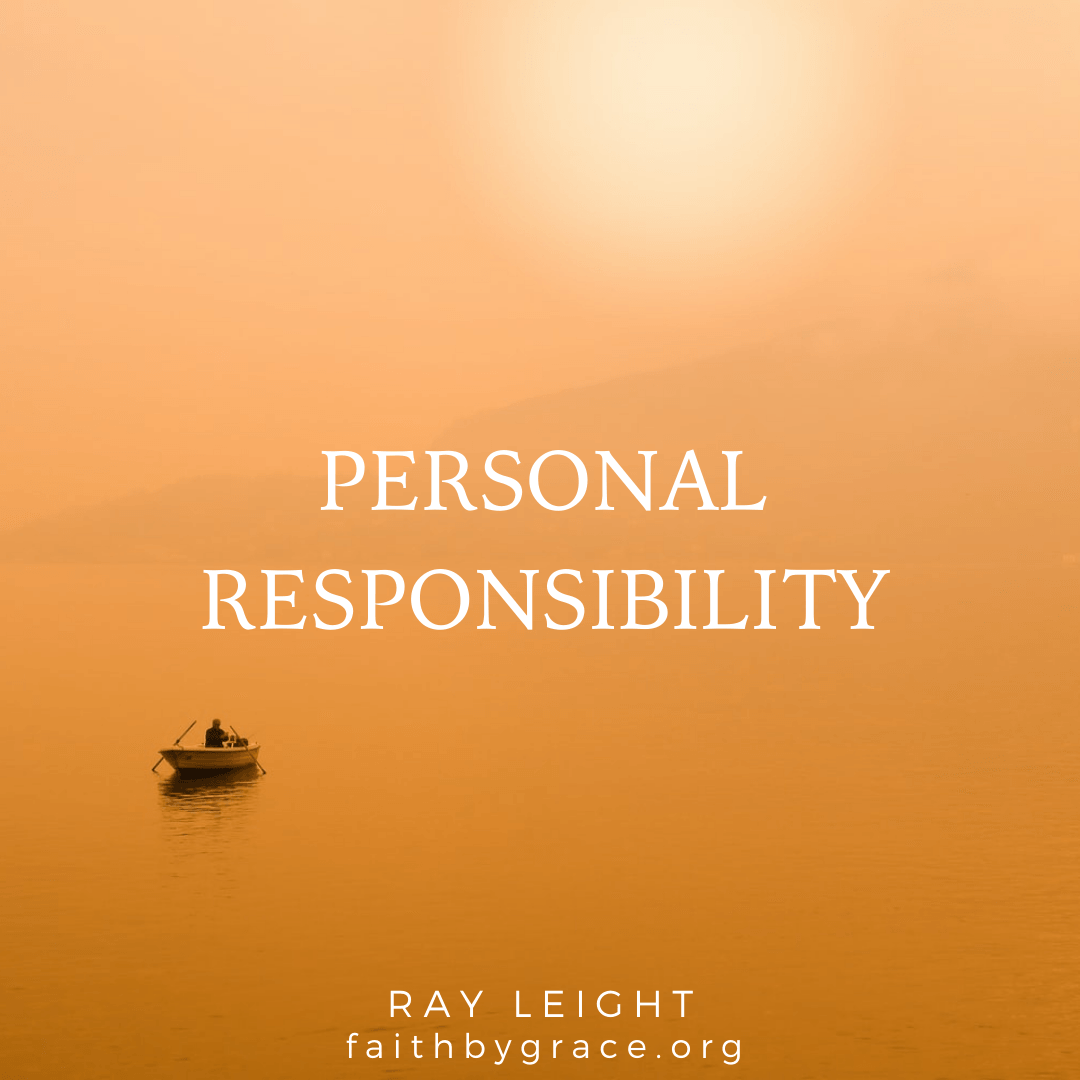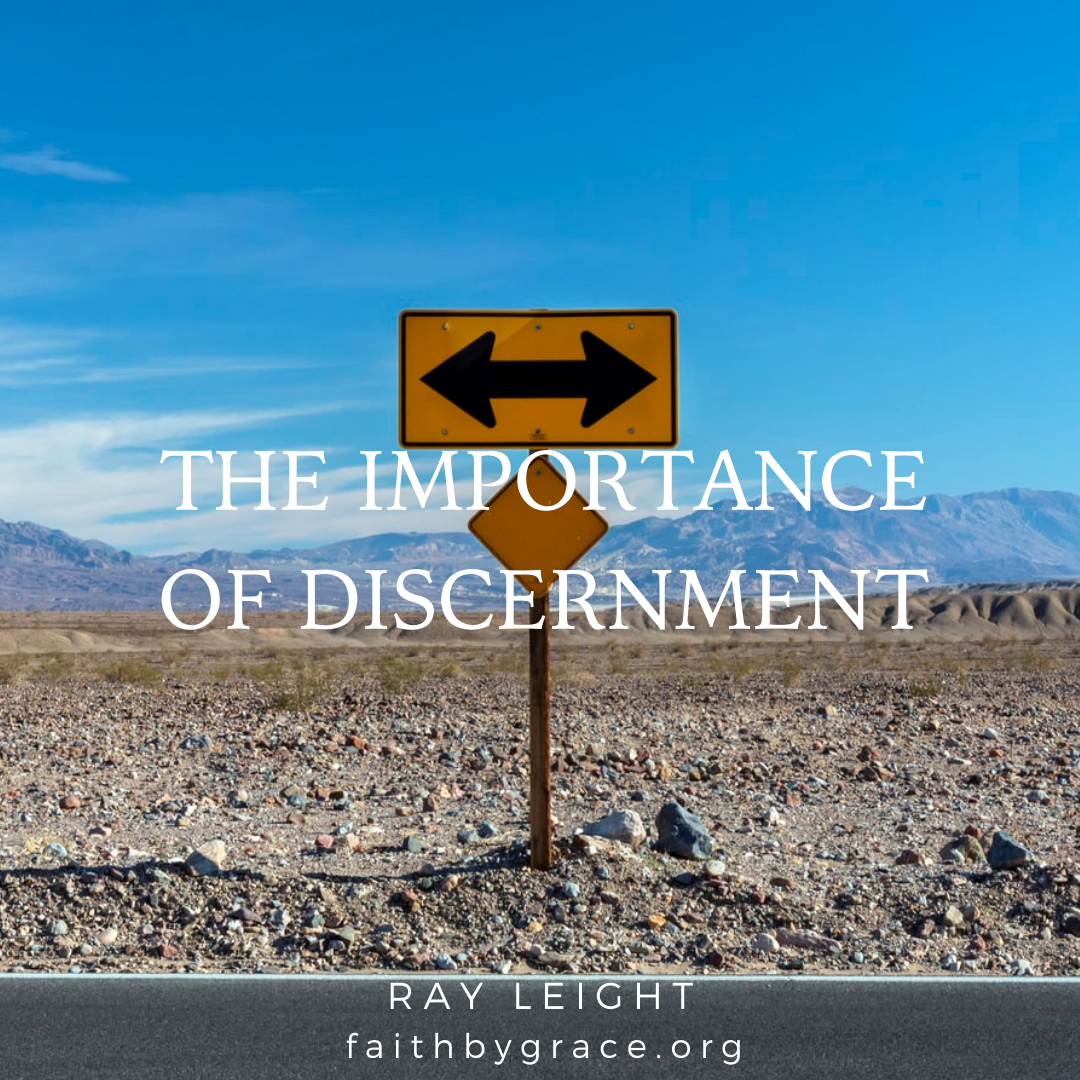









A traumatic experience of loss is devastating. We all have either been through one or are close to someone who has. What can you say or do for someone who is grieving a loss? What would you want someone else to say or do for you?
My purpose for this blog is to give some insight, from what I have learned, into how you can respond to others who are mourning a loss. I will share some helpful ways you can comfort those who are mourning, and some common unhelpful ways that are best to stay away from.
My family recently went through the trauma of losing our home, all our belongings, and two cars in the Carr Fire. This threw us into a process of grieving and loss that we weren’t ready to jump into. I was personally overwhelmed with grief at a level I have never experienced before. I didn’t quite understand why I was so affected by this loss, but I was. It has now been a little over three months since our home burned in the fire, and I am still processing it. This process has taught me a lot about grieving, loss, and other people’s responses to loss.
My first major experience of loss was when my dad died. He was diagnosed with non-Hodgkin lymphoma when I was in high school. He went through a pretty aggressive chemotherapy treatment, recovered from that, and lived another twelve years before it came back and took his life. This was a very emotional time for me. I had just come to faith shortly before we found out his cancer had returned. I still remember the moment driving my dad home from the doctor appointment when he told me the cancer was back. It was a very weird slow-motion experience that I didn’t have words for. I went through several stages of grief and loss building up to his death. If I remember it correctly, the process before his death was worse than his death. There was an odd sense of relief for him after his death because he was no longer being tortured with the cancer. This relief seemed to help me through the loss.
After my dad’s death is when I was first introduced to the awkwardness of having to interact with people who seemed to think they were comforting me, even though they weren’t. It is a surreal experience, that is not comforting at all, when people come up to you needing to be comforted because of your loss. You may have experienced something like this yourself, and possibly not even understood what was happening. I have found people can respond in an unhealthy way, to someone else’s loss, if they have unresolved issues with their own loss. This experience is how I started learning the “Dos” and “Don’ts” of how to respond to someone who is grieving.
Death and loss are very uncomfortable for people. I believe one reason for this is that we were never created to experience loss. We don’t understand it and I don’t think we ever will. Loss is awkward, uncomfortable, and confusing for everybody, not just you. I have never felt fully confident and comfortable engaging with someone who is grieving. It is still a struggle for me. I believe the Lord gave us the grieving process, so we can somehow reestablish a sense of normalcy in our lives. If you are willing to face your loss, and process your grief, you will be able to be comforted, and eventually comfort others.
Even though it is awkward and uncomfortable, there are ways you can still comfort those who are mourning. I would like to point out that the Scripture does not say, “Encourage those who weep or mourn.” It does not say, “Rejoice with those who weep or mourn.” It says to weep with those who weep; mourn with those who mourn. This is a significant key to being helpful when you desire to comfort someone who is mourning a loss.
Here are some things I have found through experience to be either unhelpful or helpful. As I have already pointed out, I am not an expert at responding to loss. I do my best to be present and real in the situation. Like I said, I have learned these things by experience, which also means I have done them myself. You and me both have probably done all of these “Don’ts” at some point, please don’t beat yourself up if you have. This is my personal Do and Don’t list. I use it as a guideline when trying to comfort someone. Hopefully it is helpful for you.
Don’ts
Don’t Say – “ Let me know if you need anything. ”
This is one of the top unhelpful responses in a loss situation. Someone who just experienced loss is usually in a trauma fog and doesn’t know exactly what they need, and most likely won’t ask for help if they do know. This also puts the person recovering from a loss in the burdensome position of having to be responsible to think about what they need and figure out what to tell you.
Don’t Say – “ How are you doing? ”
This question is a social norm that we all use. It is almost always uncomfortable in a time of loss. The grieving person is most likely not okay, not doing well, and not sure what to say to this question. I realize this usually comes from a place of compassion. However, it can create additional stress as the person tries to figure out a proper response. I do not understand the psychology behind it, I just know it is not helpful. You may have to really think about not doing this one because we are all so used to saying this.
Don’t Say – “ It was only material stuff, at least you are OK, you can replace your stuff. ”
Often people attempt to comfort others by devaluing the items that were lost. There are many forms of this statement, but they are all equally unhelpful. I don’t think people really understand what they are doing when they do this. Material items are not meaningless to people. Be mindful that people just lost personal items that they cherish for many healthy reasons, and some are irreplaceable. On top of the loss, this can cause someone to feel like there is something wrong with them because they care about the things they lost. It is not a Christian value to not care about material things. I hope to explore this more in a future blog.
Don’t Say – Any Religious Platitudes!
There was nothing more revealing to me personally, that someone wasn’t a safe person to process with, than when they would repeat some religious cliche or try to correct my doctrine. Loss and grief can trigger wounds in people’s hearts where they will say things that are inappropriate and possibly don’t even line up with their overall belief of God. God can handle this. You do not need to defend God or try to correct some doctrinal issue in the middle of someone’s trauma. Giving someone the space to process through their doubts and faith issues will help them establish an even stronger faith on the other side of their grief.
Don’t say – “ Look at the bright side. ”
This is basically a religious platitude as well, but there is more to this one. It is not wrong, or a sin, for someone to be grieving and mourning. There is a season for mourning (see Ecclesiastes 3:4) and it is okay that someone takes the time to mourn their loss. I have found that people will often try to distract someone from their morning and loss by pointing out good things or how it will be better. God does say that He will turn our mourning into joy and give us gladness for sorrow. This is part of the restoration process with the Lord. It is not our job to try to do that for people. Trying to hurry the restoration process and bring someone to some place of happiness can cause the hurting person to feel like they need to deny what is happening and perform like everything is okay.
Don’t – Make it about you
It seems that, in an attempt to connect and relate with the person suffering, people will often share their own, or someone else’s, experiences of loss. As well-intentioned as this may be, it is not the right time to do it. This is especially unhelpful if you compare a loss to their loss. Comparison is never a good idea and it doesn’t bring comfort. I have heard some of the most absurd comparisons, and it only seems to bring more sadness. This type of response can cause isolation and a sense that others do not understand or care what the grieving person is going through.
Of course, these are not all the “Don’ts.” These are some of the top unhelpful responses I have observed.
Now for the helpful things to do.
Dos
Do Something!
Decide in your heart what you want to do and do it. If you know what the person likes, and what brings comfort to them, do it. Instead of asking them to let you know if they need anything - pray, ask God, and act. Asking specific questions of what they need with a sensitivity to their personal boundaries is very helpful. Do this for them, not yourself. Supplying dinner for them may be great. Bringing dinner and imposing yourself into their space may not be.
Do Give
Depending on the loss, there are different financial needs. There were two things that people said that brought me great comfort. The first one that was amazingly helpful, easy, comforting, and made me feel loved was, “What is the easiest way to get money to you?” This may seem shallow, but it is not easy for someone to tell you that what they really need is financial help. Not having to worry about financial things in the middle of a crisis is a huge comfort and help. Find out if they have a GoFundMe account. If they do have one, give if you can. If they don’t, see if you can get one started for them. Send them gift cards to their favorite places. There are other ways to give also, such as Venmo, Paypal, and Square Cash, just to name a few. Instead of giving items they may not need, give them the ability to buy what they need. You can help cover the expense of temporary lodging if needed. I found all of these to be a huge help. Be creative!
Do Be Real
Everybody wants to be able to say the one thing that will help to make things better. The reality is, there isn’t anything you can say to make it better. The second most helpful thing people said to me was something like this: “I have no words, I love you, and I am sorry for your loss.” The realness of connecting with the loss, and morning with those who mourn is wonderful. There was a real safety and comfort in the interaction with people that understood there was nothing they could do to make it better, and they didn’t try to come up with something to say that would. Experience the sadness for your friend or loved one and share with them from that place. Stay present in the situation and allow God to work through you in the moment. Ask God how to love them and follow His lead.
Do Listen
Take the time to listen. Just listen and let them rant if needed. Again, it is not a time for correction, teaching, or rebuking. Just be there in a way that is safe for them to express themselves. Yes, most likely there will be some irrational expressions. Be okay with things not being reasonable or rational. While you are listening, pay attention to their needs and see where you can help.
Do Pray
It makes a difference. Pray boldly and faithfully for them in whatever way God is inspiring you. As you pray, one of the great questions you can ask God is, “How can I love and comfort them in their grief?” Trusting the Lord to guide you will be very beneficial.
Do Send your love
Reach out in whatever way fits the intimacy of your relationship. Make a call, or send a text, an email, a social media message, or a personal card. Loss is a very lonely place. If all you have to give are a few words, do it! You would be surprised how helpful it is for someone to receive a simple reminder that people are thinking about them. I still remember how much this blessed me. Even though you might not get a response back, know that it was helpful.
Do Remember
Time passes, and people will rebuild their lives. After the initial shock of the loss people tend to respond and engage. Remember that during the recovery process, there are still emotional, relational, and financial needs. Continue to pray and act as the Lord guides you. There is no set time for a grieving process. Everyone processes differently. Have grace, allowing time for your friends and loved ones to recover at their own pace. Continue to ask God how you can love them, and act in faith.
When you get down to the reality of it, you are not responsible to make it better for the person experiencing loss. God is the one who will restore. You can comfort someone in their grief, but you do not need to take responsibility for their emotions. This will not be helpful for them or for your own well-being. Hopefully these “Dos” and “Don’ts” will be helpful when you want to comfort someone who is mourning.
I will be exploring more aspects of grief, recovery, and restoration in future blogs as I develop Finding A New Normal. This resource will help people understand the process of grief and be able to be real and authentic while establishing a new normal. If you would like to stay informed about this resource, click here.
Blessings,
Ray









